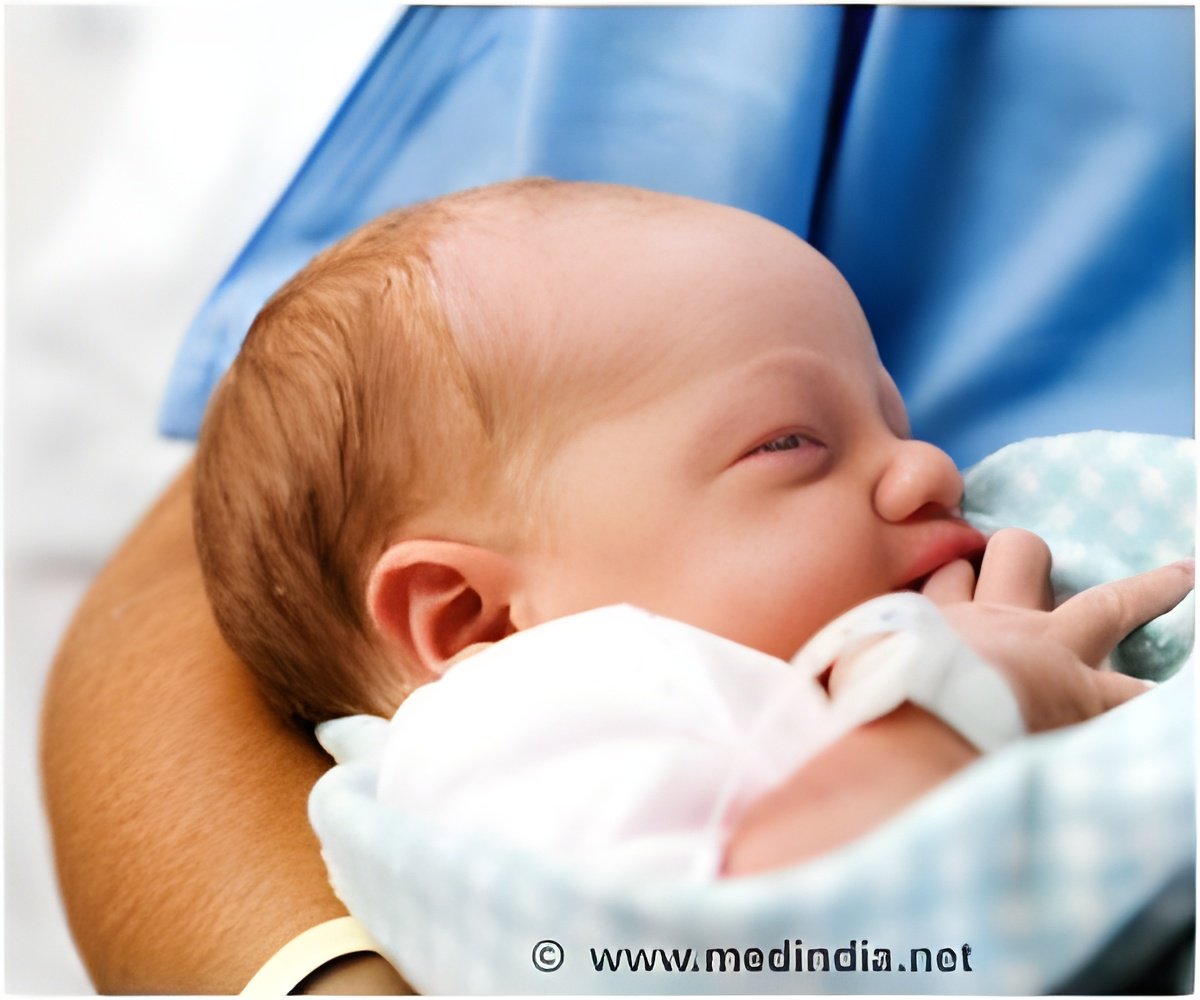
Qing-Yuan Sun and Zhao-Jia Ge of the Chinese Academy of Sciences hypothesized that the reduced gene expression results from disturbed DNA re-methylation during oogenesis and oocyte maturation. The team bred and examined three different mouse populations: one with spontaneously occurring diabetes, one with diabetes induced by STZ injection, and one without diabetes. After mating on Day 15, the diabetic mice presented with reduced pregnancy rates (approx. 74% vs. 100% in non-diabetic mice) and increased embryo death rates (approx. 16% vs. 0%), consistent with previous reports.
Focusing on the methylation patterns of one paternally methylated gene (H19) and two maternally methylated genes (Peg3 and Snrpn), the team found that none showed impaired methylation until 35 days after STZ injection; however, embryo development and number of offspring were already affected on Day 15. On Day 35, methylation of Peg3 was significantly decreased, with an unmethylated oocyte rate nearly 22% higher in both types of diabetic mice compared to controls. H19 remained unaffected and effects on Snrpn were not significant.
As for the female offspring of diabetic mothers, their oocytes did not appear to have any methylation abnormalities; however, due to the difficulty of producing offspring conceived after Day 15, it will be extremely difficult to determine whether those females are similarly unaffected.
Source-Eurekalert














